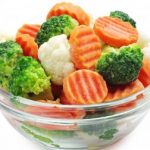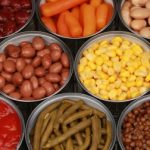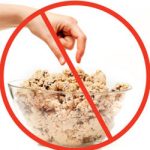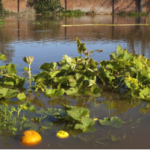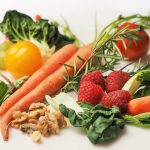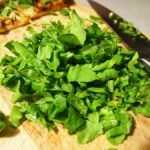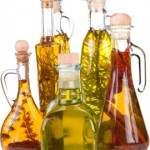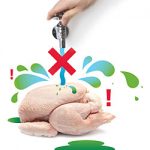Why is Blanching Recommended when Freezing Vegetables?
A short heat process known as blanching is generally recommended before freezing of vegetables. Some canning recipes also call for a short blanching, or heating, step prior to placing vegetables into the jar. Blanching helps to stabilize the color, especially of peas and other green vegetables, and it protects flavor and texture. Blanching also helps to cleanse […]
Read More...
